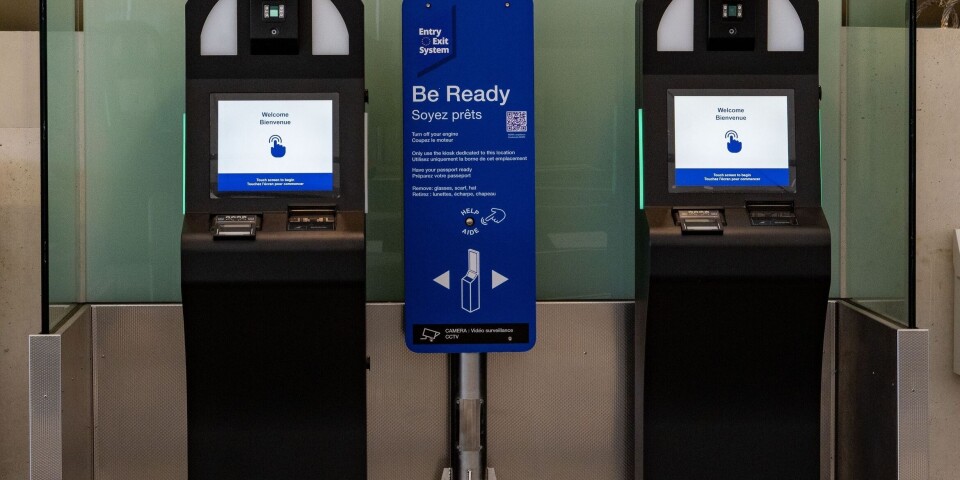-
Is it possible to transfer my apartment to my daughter in France?
Gifting only residual ownership is one of many options
-
French property tax payment deadlines begin today – check your bills for errors
Payment by cash, cheque or bank transfer must be made tonight. Other deadlines fall next week
-
Are changes to flight compensation rules on the way in France?
European MPs set to debate changes to sector
What changes to pet passport rules after Brexit?
Will my pet passport change after Brexit? I am British and live in Normandy but travel regularly back to the UK as well as other places in Europe. L.C.
The PET passport – passeport européen pour animal de compagnie – is, as the French name suggests, a European Union scheme, so as with everything else related to Brexit, it will no doubt all depend on the outcome of the negotiations.
These are now not expected to get under way in earnest until after the UK’s general election this month.
The adoption of harmonised rules for travelling with pets was designed to make it simpler for people with cats, dogs or ferrets to travel freely in the EU, and this was made possible by advances in the fight against rabies.
Your pet passport, issued by France, should not change after Brexit, but whether or not it will still be able to be used to facilitate travelling to and from the UK will depend on what is agreed.
Usually if you plan to travel with a pet to a non-EU country you need to check first with the embassy in France of the country you are going to – so, in future, the British embassy in Paris, for example.
It may be necessary in some countries for the pet to spend time in quarantine, or for specific tests to be done or forms to be filled in.
Typically, the essential conditions for travelling to third-party countries with a pet include the pet having had an up-to-date rabies vaccination and having a recent certificat international de bonne santé (international health certificate) signed by a vet and validated by the DDPP (public health and safety body).
To bring your pet back from a non-EU country a valid EU pet passport may replace the need to have a health certificate from the country you are coming back from.
However, there are extra requirements when travelling back from some non-EU countries, such as the pet having had a recent blood test showing its rabies vaccine is effective (which can be done in France before going away).
























